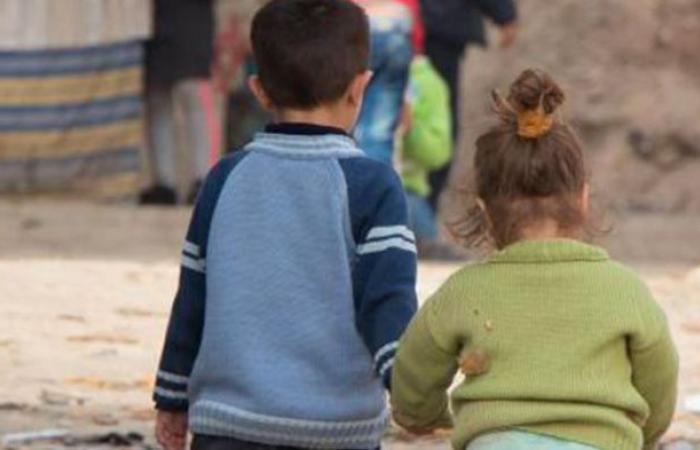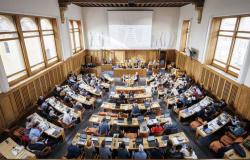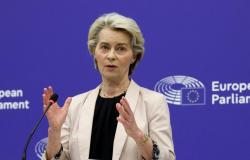Some 251 million children and young people are still out of school around the world, according to a report from the United Nations Educational, Scientific and Cultural Organization (UNESCO), released on Thursday.
“The global out-of-school population has decreased by only 1% in almost 10 years,” says UNESCO’s Global Education Monitoring Report 2024, released on the occasion of the Global Education Meeting .
Chronic underinvestment in education is one of the main causes, particularly in low- and lower-middle-income countries, the same source said.
“Education is the foundation of prosperous, inclusive and peaceful societies. However, quality education risks being the privilege of a few if we do not take significant steps to give all the world’s children the same opportunity to learn and thrive,” stressed the director. General of UNESCO, Audrey Azoulay, quoted in a press release from the UN Organization.
Read also: The UN notes a stagnation in childhood vaccination around the world
“At the UNESCO Global Education Meeting, we call for bold leadership to strengthen investments in education, including through new solidarity mechanisms between high-income and low-income countries. low income,” she added.
Regional disparities remain stark: 33% of children and young people of school age in low-income countries are not in school, compared to only 3% in high-income countries, notes the report, noting that more than half of the world’s out-of-school children and youth are in sub-Saharan Africa.
According to the same report, 110 million additional children and young people are in school since the adoption in 2015 of the UN Sustainable Development Goal for education: “a number that has never been so high.”
Completion rates are also on the rise: currently, 40 million more young people than in 2015 are completing their secondary education, according to the same source.
This report was published on the occasion of the Global Meeting on Education, organized by UNESCO and hosted by the Government of Brazil in Fortaleza (October 31-November 1). This is one of the largest international conferences on education and the fourth edition in a series of meetings organized by UNESCO since 2018 to globally assess progress in achieving the Goals in matters of education.
With MAP






